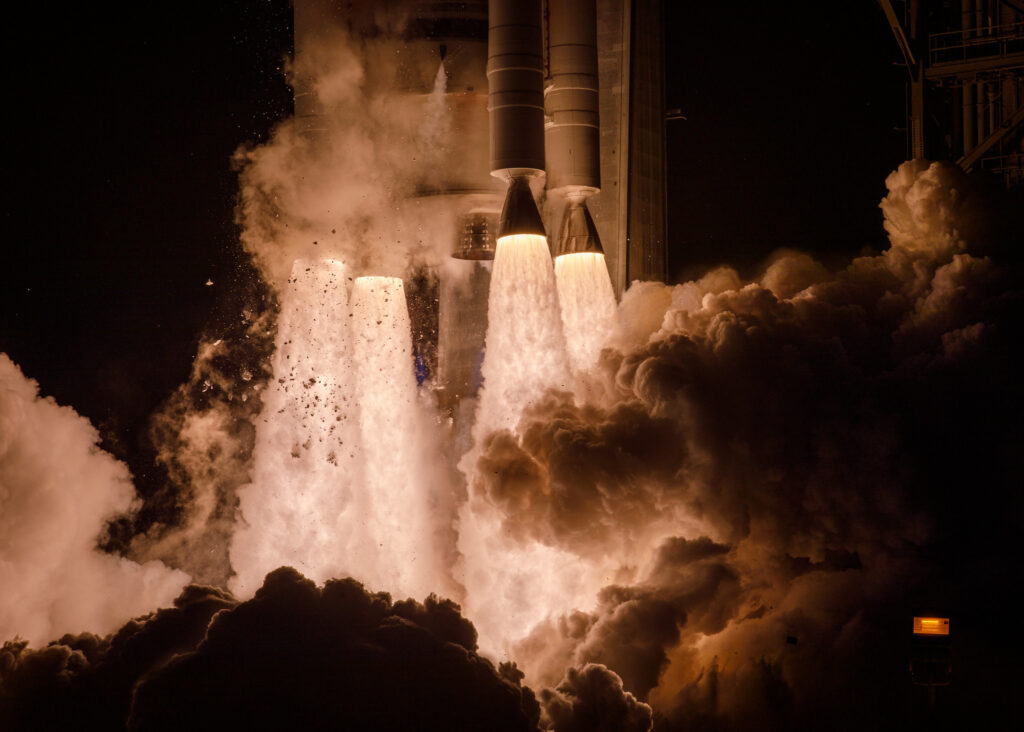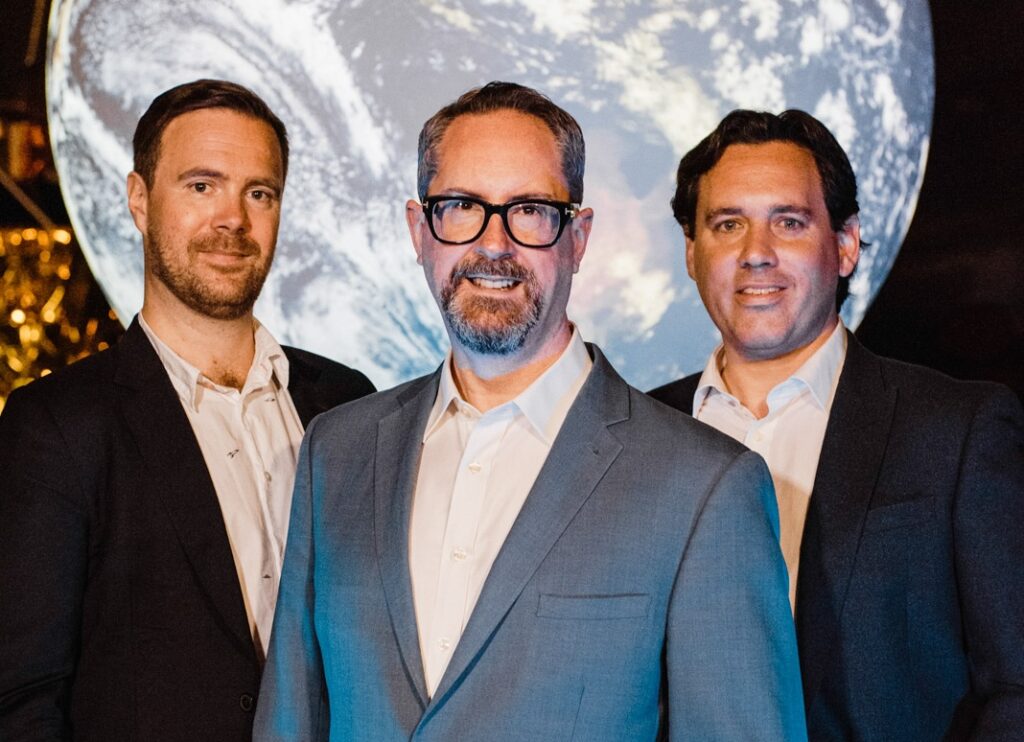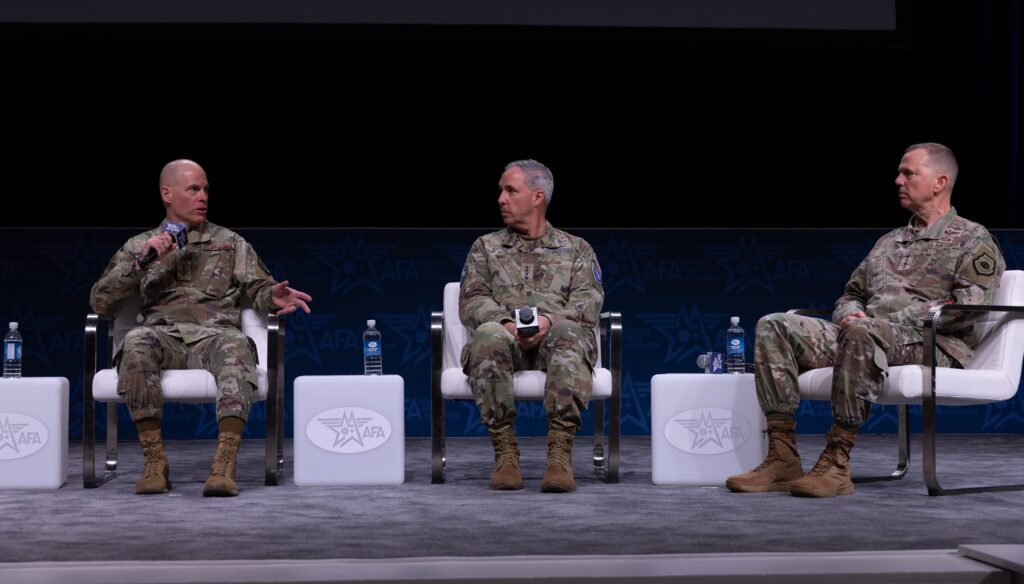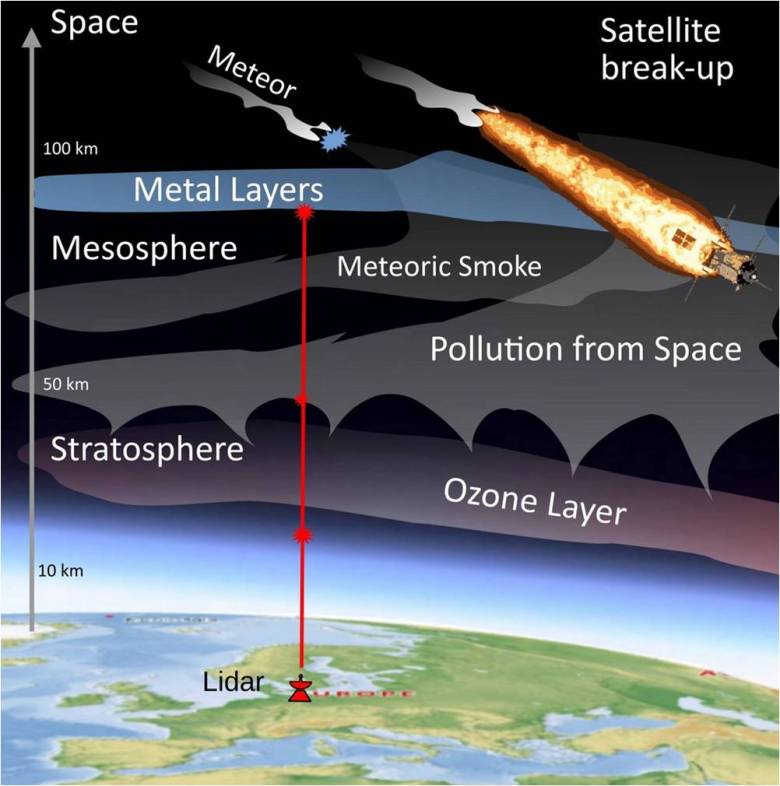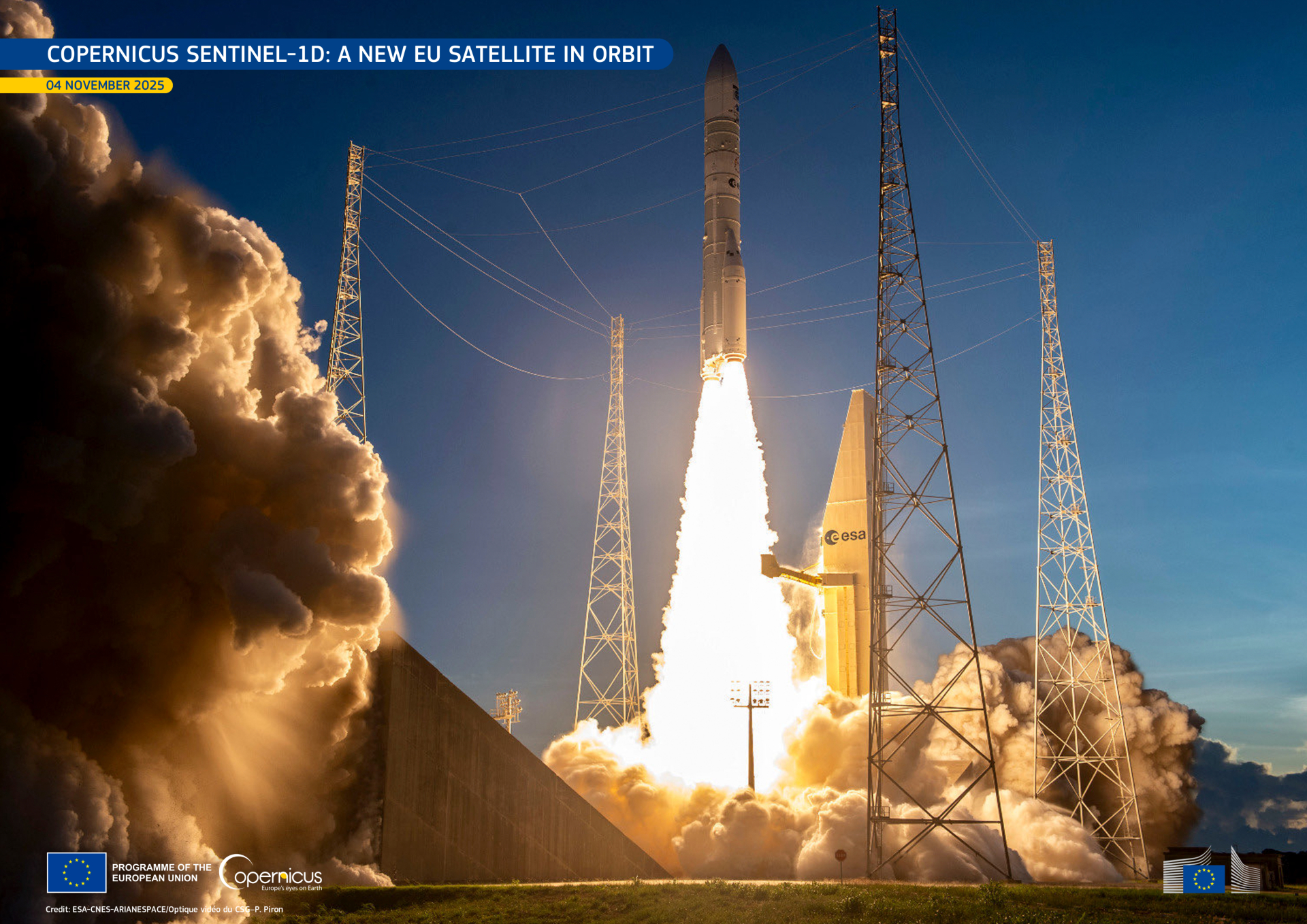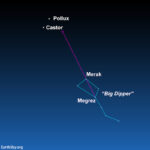Now Reading: Lux Aeterna nets US government partnerships for reusable satellite technology
-
01
Lux Aeterna nets US government partnerships for reusable satellite technology
Lux Aeterna nets US government partnerships for reusable satellite technology
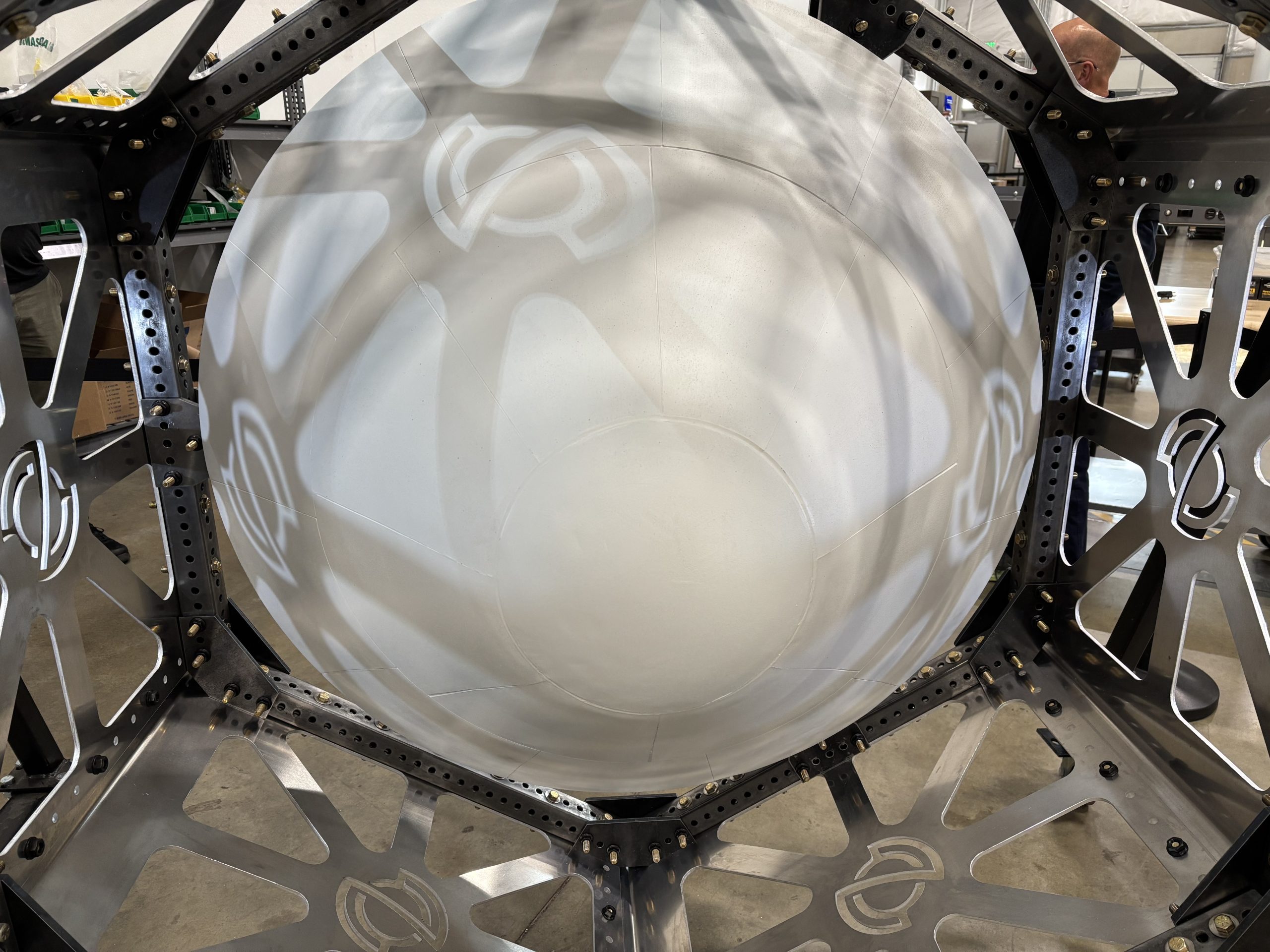

TAMPA, Fla. — Lux Aeterna is attracting growing interest from across the U.S. government for heat shield technology designed to make satellites fully reusable, securing two partnership agreements since emerging from stealth in June.
CEO and founder Brian Taylor said the Denver-based startup recently entered Cooperative Research and Development Agreements (CRADAs) with the U.S. Space Force’s Space Systems Command and the Air Force Research Laboratory’s Space Vehicles Directorate.
Lux Aeterna has also signed a Space Act Agreement with NASA’s Ames Research Center, establishing a framework for reimbursable technical collaboration and access to the space agency’s facilities to support reentry vehicle and heat shield development efforts.
Taylor, a former SpaceX engineer, said the partnerships reflect rising government interest in its reusable satellite architecture, particularly a novel rigid heat shield that would serve as the spacecraft’s structural bus.
The venture hopes to unlock new military and commercial mission applications with the technology, including short-duration on-orbit experiments, in-space manufacturing and responsive missions that can be recovered and relaunched on demand.
The two CRADAs aim to advance Lux Aeterna’s reusable satellite and reentry technologies in support of U.S. national space priorities. The Space Force is focused on applying them to emerging combat power and space control missions, while the Air Force’s scientific research and development unit is pursuing broader objectives for reusable spacecraft.
“Through these agreements, government research and operational organizations gain access to Lux Aeterna’s rapid development capability, advanced thermal protection and reentry technologies and commercially driven test platforms,” Taylor told SpaceNews.
“This enables them to evaluate new materials, flight systems and responsive space concepts more quickly and at lower cost than traditional government programs.”
Ticking off development milestones
Taylor said the company remains on track to complete a Critical Design Review before the end of the year for Delphi-1, its first reusable satellite, slated to launch on a reentry mission in early 2027.
An initial prototype of the 200-kilogram demonstrator has already been completed following successful systems requirements and preliminary design reviews. According to Taylor, the prototype validated the vehicle’s structural characteristics and will now be used for vibration, impact and parachute drop testing through 2026.
Since emerging from stealth, Lux Aeterna has also completed the first round of hypersonic arc-jet testing for a reusable heat shield material, which Lux Aeterna is building in-house and remains under wraps.
Stay Informed With the Latest & Most Important News
Previous Post
Next Post
-
 01Two Black Holes Observed Circling Each Other for the First Time
01Two Black Holes Observed Circling Each Other for the First Time -
 02From Polymerization-Enabled Folding and Assembly to Chemical Evolution: Key Processes for Emergence of Functional Polymers in the Origin of Life
02From Polymerization-Enabled Folding and Assembly to Chemical Evolution: Key Processes for Emergence of Functional Polymers in the Origin of Life -
 03Astronomy 101: From the Sun and Moon to Wormholes and Warp Drive, Key Theories, Discoveries, and Facts about the Universe (The Adams 101 Series)
03Astronomy 101: From the Sun and Moon to Wormholes and Warp Drive, Key Theories, Discoveries, and Facts about the Universe (The Adams 101 Series) -
 04True Anomaly hires former York Space executive as chief operating officer
04True Anomaly hires former York Space executive as chief operating officer -
 05Φsat-2 begins science phase for AI Earth images
05Φsat-2 begins science phase for AI Earth images -
 06Hurricane forecasters are losing 3 key satellites ahead of peak storm season − a meteorologist explains why it matters
06Hurricane forecasters are losing 3 key satellites ahead of peak storm season − a meteorologist explains why it matters -
 07Binary star systems are complex astronomical objects − a new AI approach could pin down their properties quickly
07Binary star systems are complex astronomical objects − a new AI approach could pin down their properties quickly












